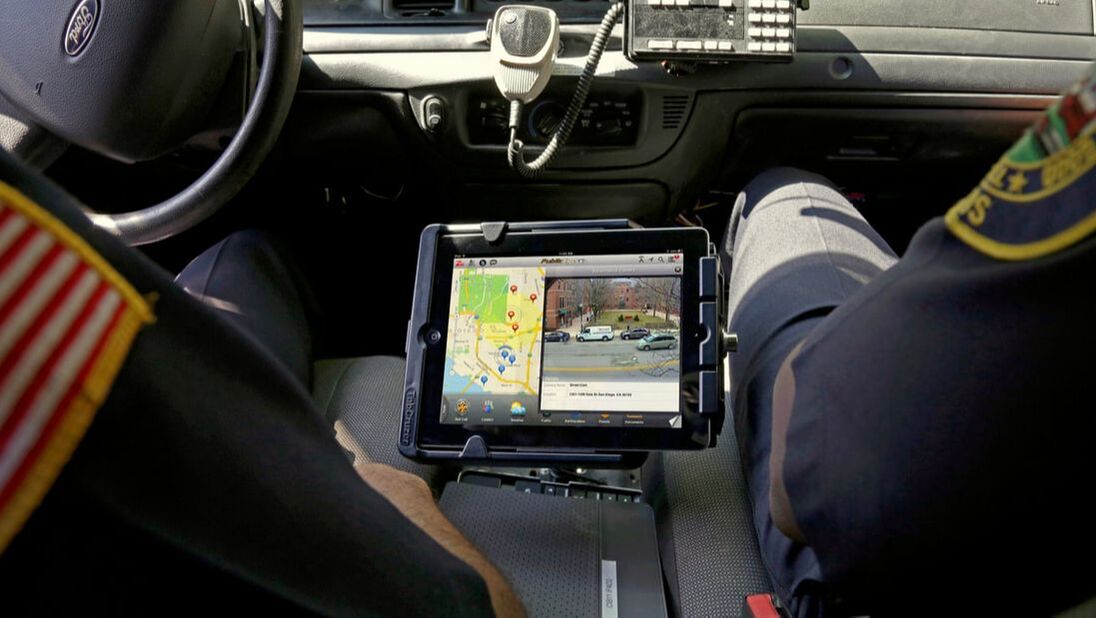|
The American Civil Liberties Union last week filed a lawsuit in Manhattan accusing the FBI of violating the Freedom of Information Act law by refusing to acknowledge the existence of any documents that contractually prohibit police from disclosing information about “stingrays.”
PPSA has long reported on these devices – cell-site simulators that spoof cellphones in a given area to react to the simulator as if it were a cellphone tower. This allows law enforcement to sweep up metadata from Americans’ cellphones, from location information, to contacts, to potentially communications content. In its filing, ACLU notes that stingrays are used “even in constitutionally protected places traditionally immune from warrantless searches, such as a home.” As of 2018, according to the ACLU, 16 federal agencies, as well as 75 agencies in 27 states and the District of Columbia employ stingrays to snoop on Americans. This is in part because the FBI has been keen to help distribute this technology to U.S. local law enforcement. It has also long been known that the FBI requires local law enforcement to sign Non-Disclosure Agreements, barring any discussion of the use of this technology. ACLU is suing because the FBI refuses to acknowledge the existence of these contracts with police in response to a Freedom of Information Act request. By issuing a “Glomar response” – which neither confirms nor denies the existence of these NDA and related documents – the FBI is resorting to a legal strategy once reserved for the nation’s most closely held secrets. Dell Cameron of Gizmodo reports that whatever the FBI says, “these documents do, in fact, exist. I should know. I’m staring at several of them right now.” Thanks to the work of the Center for Human Rights and Privacy, 26 such FBI/local and state police agreements are online. They restrain law enforcement agencies from discussing the use of stingray technology with the public, the press, and most disturbing of all, “in court documents” and “judicial hearings.” Read it, you can see for yourself. This means that the provenance of stingray-derived evidence is prevented from being presented in court, denying defendants, judges and juries access to that important information. The FBI is so insistent on this, that it holds the right to seek the dismissal of any charges brought against a suspect if the case is likely to result in disclosure of the use of this technology. ACLU’s lawsuit could be a landmark for several distinct issues.
So why is it okay to warrantlessly sweep this same information remotely? Kudos to the ACLU for challenging the FBI. PPSA will follow this case and report on major developments. Comments are closed.
|
Categories
All
|


 RSS Feed
RSS Feed